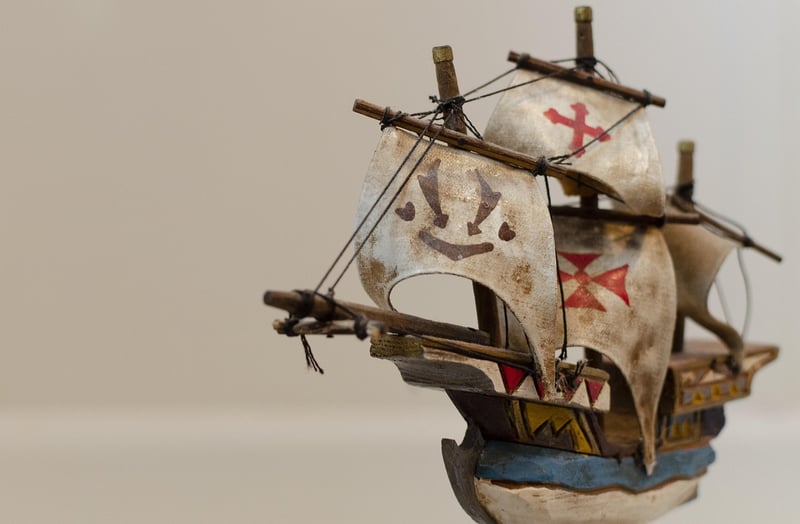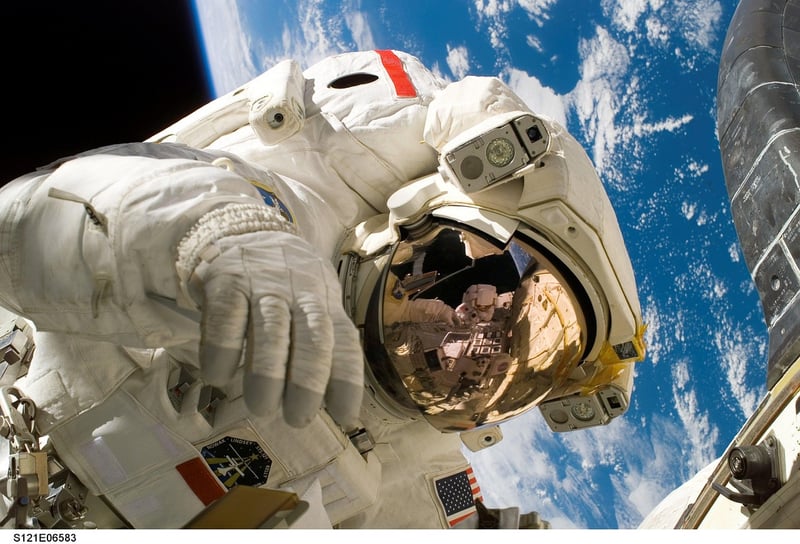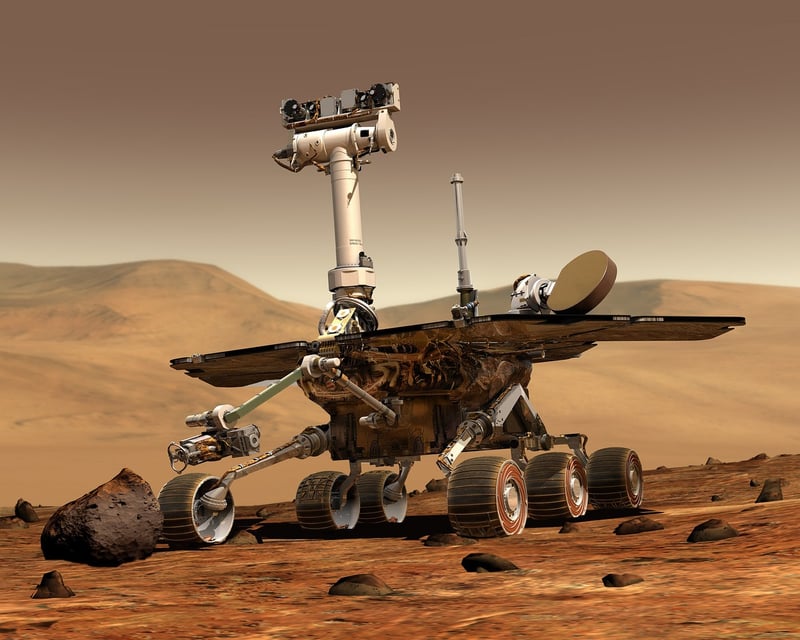Future Exploration
Exploring Different Eras and Future Exploration
Introduction
Exploring different eras and future exploration is a fascinating journey through time and space. From ancient civilizations to modern technology, the human quest for discovery has shaped our world in remarkable ways. Let's delve into the diverse eras of exploration and ponder the possibilities of future frontiers.
Ancient Explorers
Ancient explorers like the Phoenicians, Greeks, and Romans ventured across seas to discover new lands and establish trade routes. These intrepid sailors navigated using stars and basic maps, expanding their empires and connecting distant cultures.

Age of Discovery
The Age of Discovery saw European explorers like Columbus, Magellan, and Vasco da Gama seeking new trade routes to Asia and discovering the Americas. Their voyages transformed global trade and led to the exchange of goods, ideas, and cultures between continents.

Space Exploration
In the 20th century, humanity reached for the stars with space exploration. Pioneers like Yuri Gagarin, Neil Armstrong, and Valentina Tereshkova ventured beyond Earth's atmosphere, expanding our understanding of the cosmos and inspiring generations to dream of space travel.

Future Frontiers
The future of exploration holds exciting possibilities, from Mars colonization to deep-sea expeditions. Advances in technology like AI, robotics, and virtual reality are paving the way for new frontiers in space, ocean depths, and even within our own minds.

Conclusion
Exploring different eras and future frontiers is a testament to human curiosity and innovation. As we look back on the achievements of the past and gaze ahead to the unknown, we are reminded of the boundless potential of exploration to shape our world and inspire future generations to reach for the stars.
